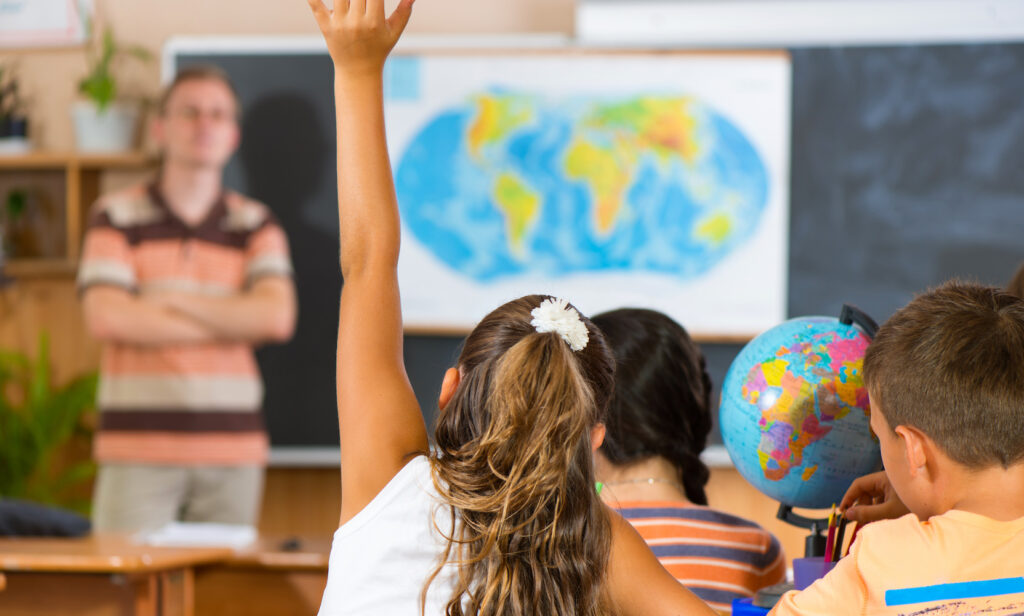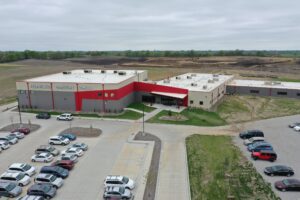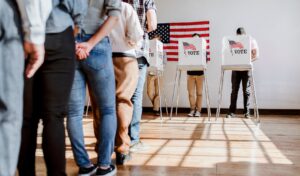Private and parochial schools produce better citizens than public schools, new research finds
The movement to establish public schools in America was based around a simple idea, namely that a widely educated populus would benefit the nation by being better citizens.
Horace Mann, also…

The movement to establish public schools in America was based around a simple idea, namely that a widely educated populus would benefit the nation by being better citizens.
Horace Mann, also known as the father of the common school, even said common (public) schools “may become the most effective and benignant of all forces of civilization.”
But is the public education system fulfilling its purpose today?
According to a new study published in the Educational Psychology Review, private schools, and specifically religious schools, are more effective conductors of civic knowledge and behaviors than public schools.
Such research is particularly timely as recent testing found 87% of America’s 8th graders aren’t proficient in history and 78% not so in civics.
Even most registered voters lack fundamental civics knowledge.
The study, led by M. Danish Shakeel and Patrick J. Wolf, measured civics education in four categories:
- “Political Tolerance,” defined as “an individual’s willingness to respect the rights and opinions of people who are different from them.”
- “Political Participation,” which includes “activities of self-government” such as voting, contacting a political representative, or participating in a rally.
- “Civic Knowledge and Skills,” defined as “a set of understandings and abilities widely viewed as conducive to self-government.”
- And “Voluntarism and Social Capital,” also called community engagement, which measures “activities that benefit the broader community” such as charitable giving.
Research found private schooling had a net positive impact on civic outcomes – 168 positive, 320 neutral and 42 negative.
The strongest positive results were in the categories of political tolerance and knowledge and skills.
“[Proponents of public education] claim that the very fact that public schools are government controlled and open to all students gives them an inherent advantage over private schools in inculcating the civic outcomes central to citizenship in our constitutional republic,” the researchers observed.
But supporters of private schools argue they do just as well or even better, since “private schooling empowers parents and signals to students the importance of their own agency, rooted in their parents’ value system, a message that is central to raising active and confident citizens capable of self-government.”
The report concludes with a note on the superior outcomes of private, parochial schools.
“Religious schooling appears to increase civic outcomes in comparison to its secular counterpart, whether public or private,” it reads. “Even for the outcome of political tolerance, which, arguably, is the toughest test for religious schooling effects on civics, our analysis suggests that the average effect of religious schools is, at worst, null.”
Other research has also found graduates of K-12 religious schools being more civically engaged in their adult lives.
Alumni of classical Christian schools were especially more likely to be involved in social organizations, volunteer their time, and be more charitable than graduates of public education.
“With civics education in such a sorry state, our research points to a possible solution,” Wolf, co-author of the report and professor of education policy at the University of Arkansas, concluded. “Education pluralism, advanced by effective school choice policies, seems to be a boon, and not a bane, for civic outcomes.”



